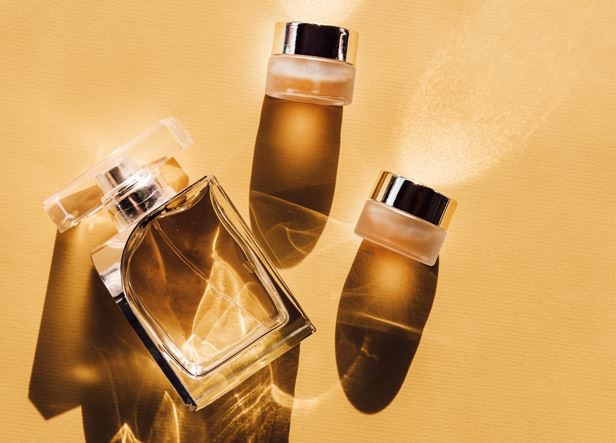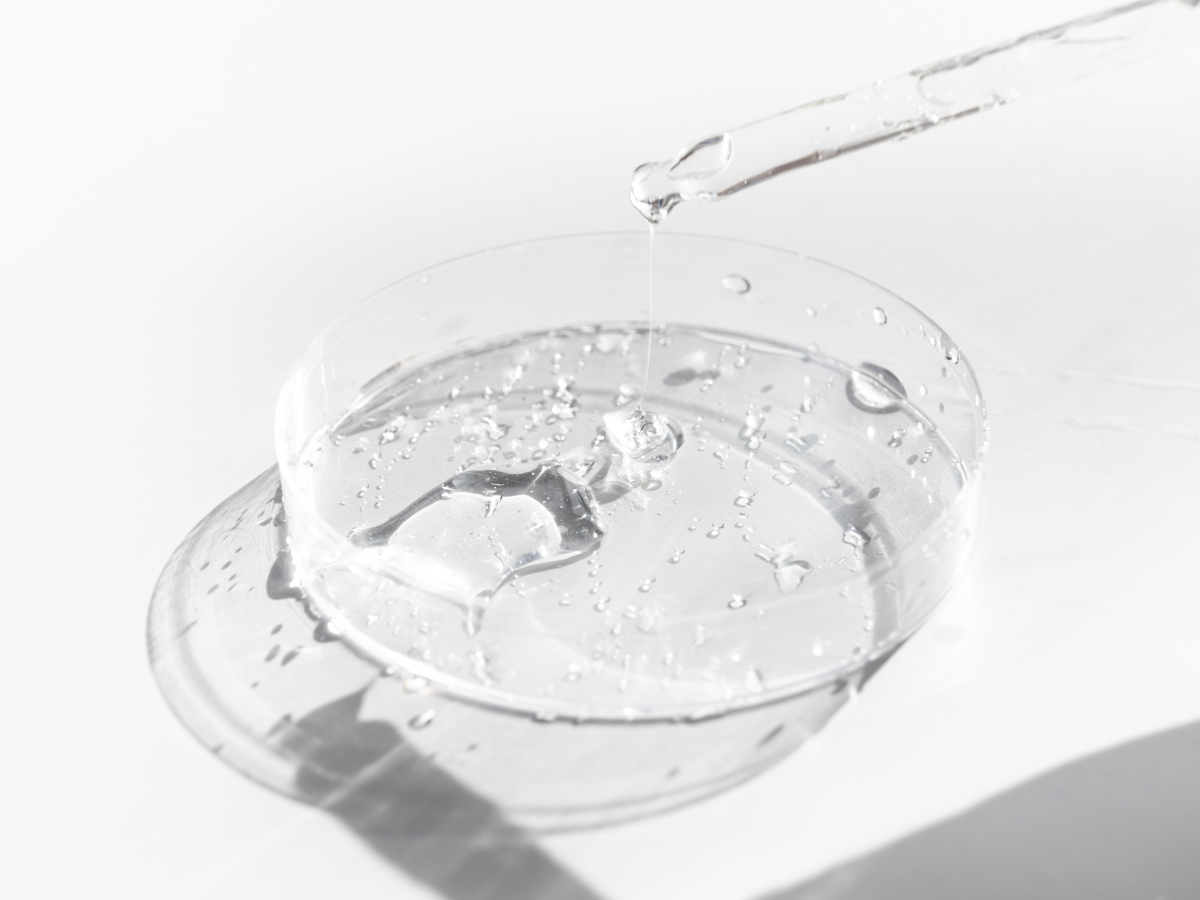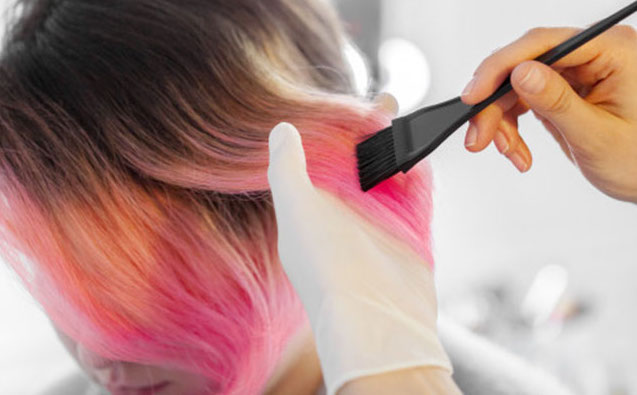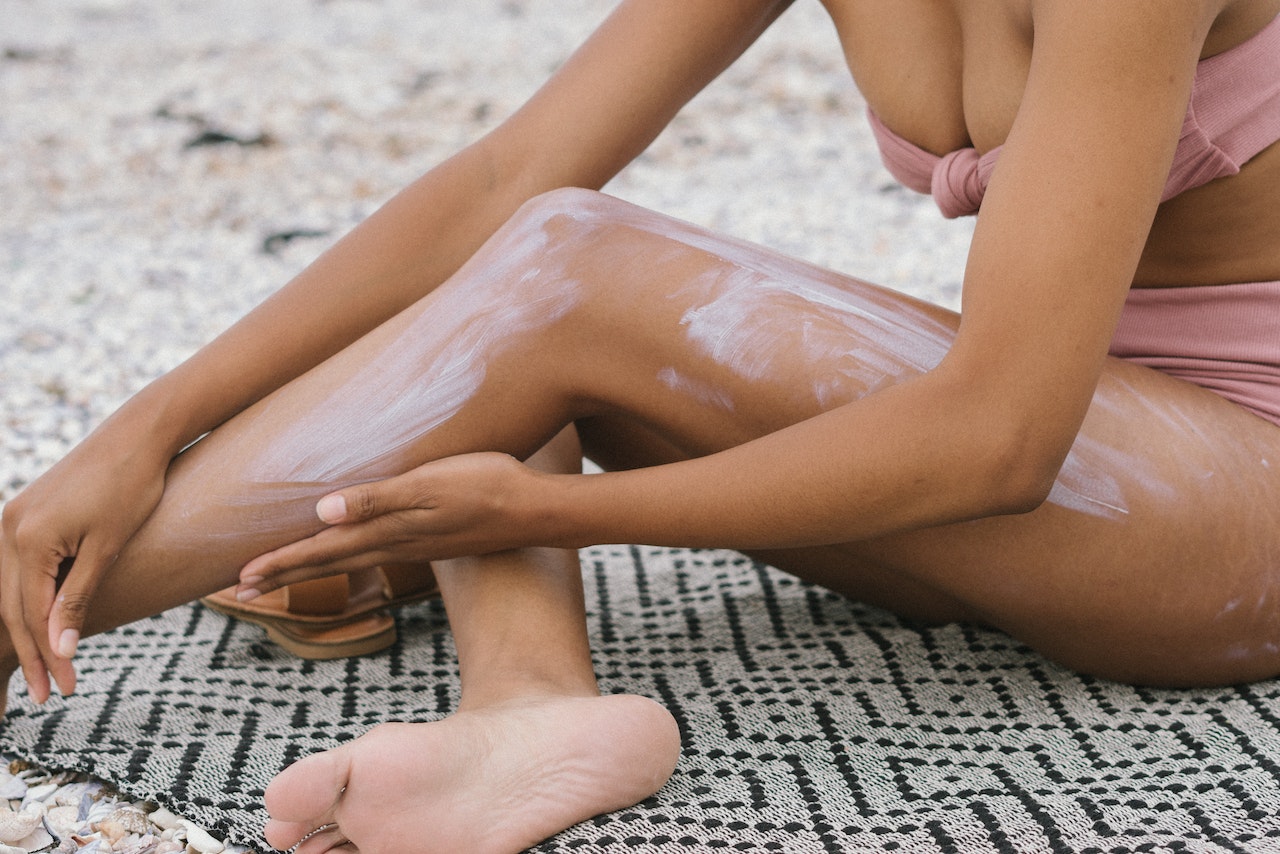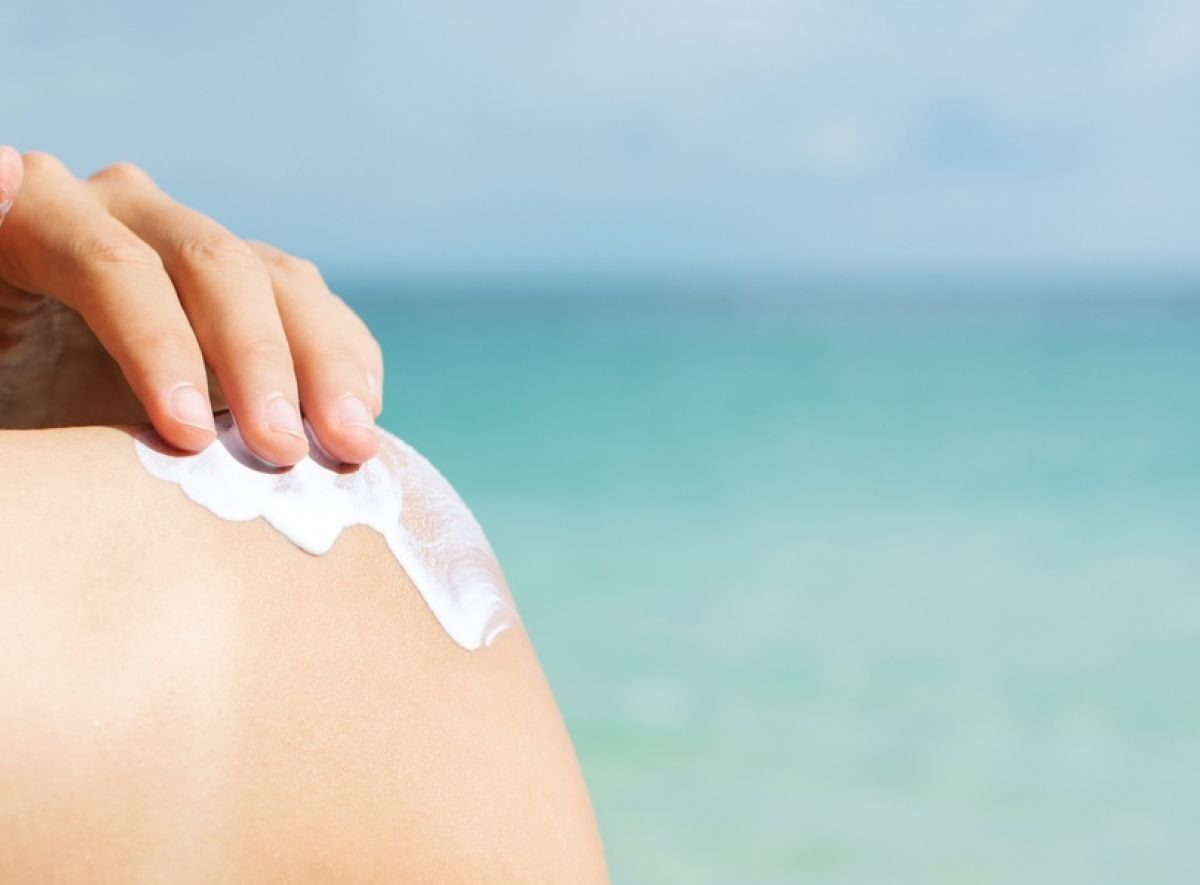BACKGROUND
Citral (CAS No. 5392-40-5, EC No. 226-394-6) with the chemical name ‘3,7-Dimethyl-2,6-octadienal’ is a mixture of neral and geranial, which are monoterpene aldehydes. Citral is currently regulated as a fragrance ingredient in Annex III (entry 70) of the European Cosmetics Regulation No. 1223/2009. It is widely used as both a fragrance and flavour ingredient in food, beverages and various cosmetic and household products due to its distinct, acceptable, and lemon-like pleasant odour. Citral is also a common constituent of many essential oils, such as lemongrass and Litsea cubeba oils.
In 2008 the Scientific Committee on Consumer Products (SCCP) conducted a safety evaluation on Citral (SCCP/1153/08) using the Quantitative Risk Assessment (QRA) methodology.
In 2012 the SCCS conducted a safety evaluation of its own (SCCS/1459/11) in the context of the opinion on Fragrance Allergens. In particular, the presence of the substance must be indicated in the list of ingredients referred to in Article 19(1) of the Cosmetics Regulation when its concentration exceeds:
- 0.001% in leave-on products
- 0.01% in rinse-off products
In December 2021, the International Fragrance Association (IFRA) submitted a dossier on derived safe use levels for the fragrance ingredient Citral by applying the refined QRA2 methodology based on the induction of skin sensitisation.
In light of the information provided, the Commission requested the SCCS to assess whether the derived safe use levels for Citral by application of the QRA2 based on the induction of skin sensitisation is adequate to protect consumers.
WHAT’S NEW?
In light of the information provided and taking under consideration the derived upper safe levels using QRA2 methodology for the sensitisation endpoint, the SCCS considers that the assessment based on QRA2 methodology has indicated that Citral can be considered safe in relation to the induction of sensitisation at the concentrations proposed for use in cosmetic products.
The SCCS noted that some aspects of the QRA2 methodology still needs some clarifications and refinement. This SCCS recommendation is specific for the sensitization potential Citral at the proposed use concentrations. Therefore, the SCCS will consider the suitability (for a population not already sensitised) of this methodology for other fragrances and other cosmetic ingredients on a case-by-case basis.
The opinion is open for comments until June 2, 2024.
References:

